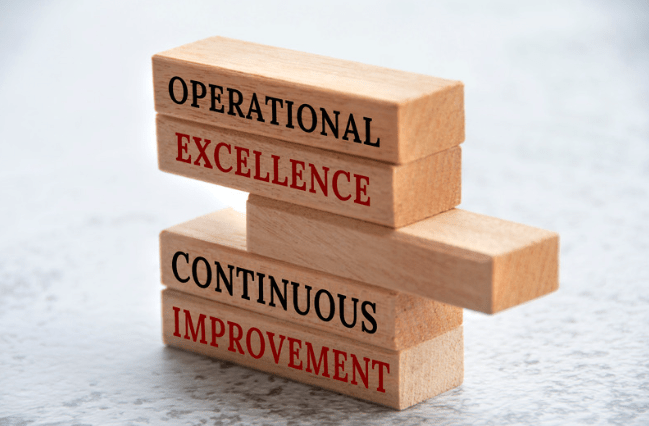When speaking to Shanell Watson, Chief of Staff of the Woodward Hines Foundation, on my “Empowering Women in Educational Leadership” February Podcast, she said she always wanted to continually improve by “wanting to be better.”
Let’s delve into a fundamental aspect of educational leadership: continuous improvement. It’s not merely a catchphrase but a fundamental principle essential for achieving substantial success in this domain. Picture it as the cornerstone guiding leaders through the ever-evolving landscape of education, ensuring they remain adaptable and resilient in the face of challenges.
At the heart of effective leadership lies the growth mindset—a belief in one’s capacity for learning and development. Educational leaders must embody this mindset, recognizing obstacles as opportunities for growth rather than setbacks. By embracing a mindset focused on continual learning and enhancement, leaders can navigate the complexities of education with agility and conviction.
Investing in professional development is imperative for educational leaders committed to refining their skills and staying abreast of industry trends. By emphasizing the significance of ongoing learning, leaders can explore diverse avenues for professional growth, including workshops, conferences, and educational courses. Equipped with current knowledge and insights, leaders are better positioned to serve their teams and foster innovation within their schools.
Mentorship and coaching are pivotal components of leadership development, offering invaluable guidance and support to aspiring and seasoned leaders. Leaders can expedite their growth trajectory and confidently confront challenges by seeking out mentors and coaches capable of providing wisdom and perspective. Leaders can unlock their full potential and inspire those under their guidance by providing practical advice for identifying mentorship opportunities and maximizing the mentoring experience.
Reflective practices are a cornerstone of effective leadership, enabling leaders to derive insights from their experiences, confront challenges, and celebrate successes. Encouraging leaders to reflect regularly underscores the importance of self-awareness and introspection in leadership development. By leveraging reflective practices as opportunities for growth and improvement, leaders can refine their skills and make informed decisions that drive positive change.
Embracing continuous improvement transcends mere strategy; it embodies a mindset empowering educational leaders to thrive amidst constant change. Through a commitment to ongoing development, leaders can remain at the forefront of their field, inspiring their teams and effecting positive change within their schools and communities. As they foster a culture of learning and growth, educational leaders lay the foundation for a brighter future in education.
Remember, as a leader, you don’t have to know it all—you need to lead the way for others to shine. I hope you visit www.drstephanieduguid.com to connect for more ways to Exponentially Elevate your Impact in Leadership.
To hear the full radio episode with Shanell Watson, click here: https://www.voiceamerica.com/episode/149021/women-in-educational-leadership-leading-with-purpose.






